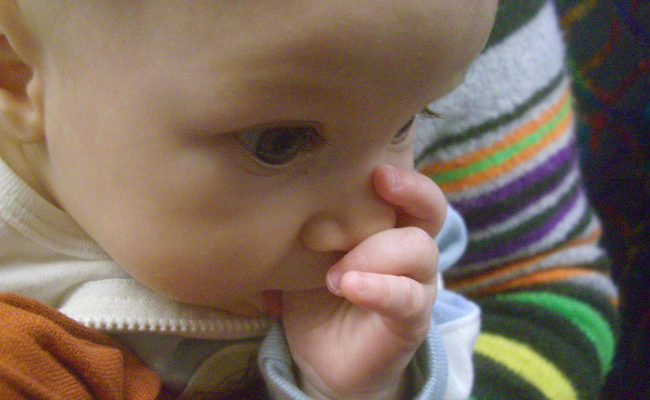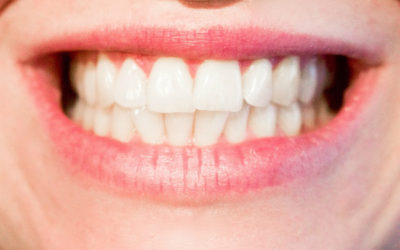Children such as toddlers are always in awe and wonder from the time they start to grow from infancy. By the age of six to seven months, they can form the instinct to suck their thumb. They could stop even, say by the age of four to five years. They are likely to stop eventually. Babies suck their thumbs as they feel comfortable and emollient. They do this to calm themselves in case they are restless, fearful and tired. However, this isn’t a very great habit. Let’s look at some consequences of thumb sucking.
1) Misaligned Teeth
Especially when children carry this trait beyond the age of six to seven years, the practice of thumb sucking pushes teeth around. The teeth position resulting thereby is one of malocclusion or misaligned teeth. This causes overbite and underbite. Overbite is overlapping teeth, and underbite is underlying teeth misaligned with upper front teeth. The jaw bone too over a period shifts its normal position, and this is caused by thumb sucking. Thumb sucking is one of the main causes of misaligned teeth.
2) Lisping
This is a speech impediment that results from when a child sticks their thumb in their mouth beyond a stipulated time limit. Certain sounds don’t come out that well from the child’s mouth. Their phonetics go haywire while growing up. Mainly, consonant sounds like “T” and “D” are mispronounced. The jaw and teeth from thumb sucking get asymmetrical, making the speech difficult. Thumb sucking can alter the palate, causing speech problems.
3) Germs and Infections
Children, since tender, and carrying basically a developing set of senses, expose themselves, in turn, their body parts. Their movements are developing, and their reflexes are more on the impulsive end. Therefore, they get dirty and then push their thumb in the mouth, contracting germs and infections. This can prove to be detrimental to the child and then the parents would have to visit a physician. Many general practitioners advise parents that they ought to dissuade their children from thrusting their thumb in the mouth.
4) Sensitive Palate
When a child chews at his thumb frantically emanating from subconscious stimuli or reaction to something they feel, their palate is pushed. On a frequent number of occasions, if they continue doing this, their palate will become sensitive. Consequently, the shape of the roof of the mouth bends and the palate becomes rough. Over time, the palate will make room for aberrations.
Now that you are aware of the consequences of thumb sucking, you may want to dig deeper like the facts and myths behind the thumb sucking scenario. After all, the universe’s greatest marvel is the creation of an infant so creative and speculative in innocence. You may want to take thumb sucking appliances to stop your baby from progressive thumb sucking. You can call us at 780-424-7475 in Edmonton.



